When Sarah K. learned her longtime friend had betrayed her trust, she thought moving on meant erasing the hurt. But diving into the true forgiveness meaning revealed a different path—one that didn’t require forgetting but instead reshaped her perspective. Her story echoes a growing realization among Americans today: forgiveness isn’t a memory wipe. It’s a powerful choice with real emotional and relational benefits. As mental health takes center stage in 2025, understanding this concept could be the key to healing personal and communal rifts.
What True Forgiveness Really Means
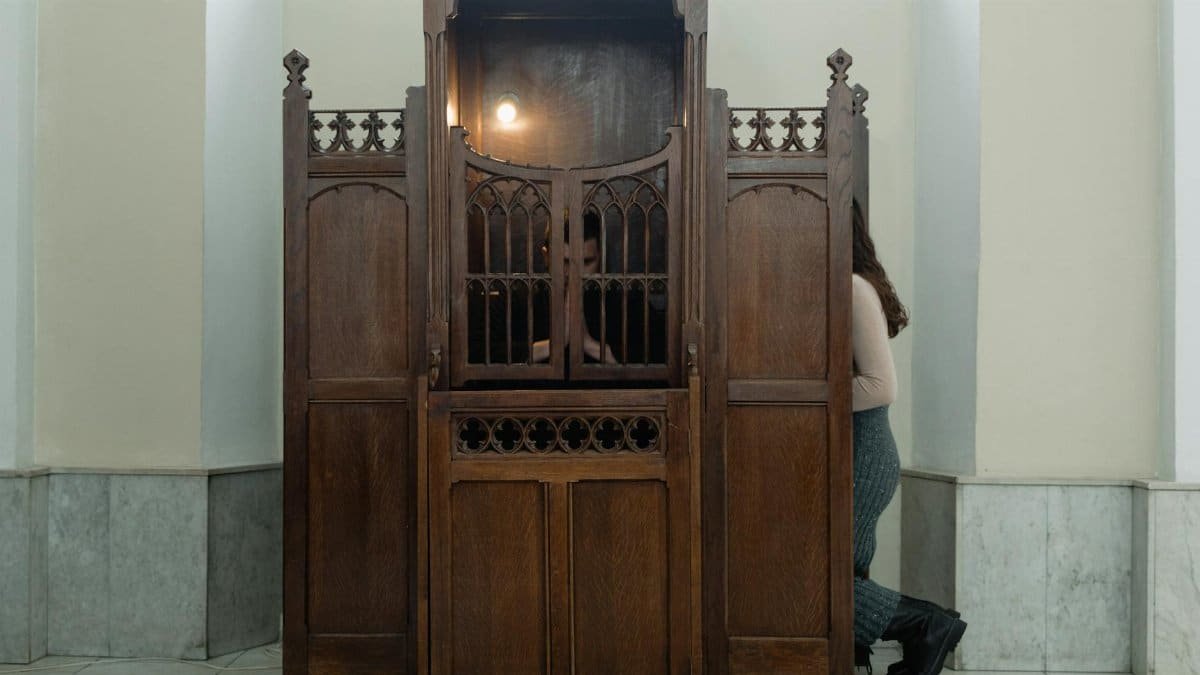
Forgiveness isn’t about pretending an offense never happened. At its core, the true forgiveness meaning lies in releasing the grip of resentment and choosing not to let past wrongs control your emotions or actions. It’s a deliberate act of letting go, not for the other person’s sake, but for your own peace. Experts from the Greater Good Science Center at UC Berkeley emphasize that it’s a process, often messy, but ultimately freeing.
Why Forgetting Isn’t the Goal

The old adage “forgive and forget” misleads many. Forgetting a wrong can be impossible, especially for deep hurts. True forgiveness doesn’t demand amnesia; it acknowledges the pain while refusing to let it define the future. Therapists note that remembering can even protect against repeated harm. The focus is on emotional detachment from the injury, not erasing the memory of it.
The Emotional Payoff of Letting Go
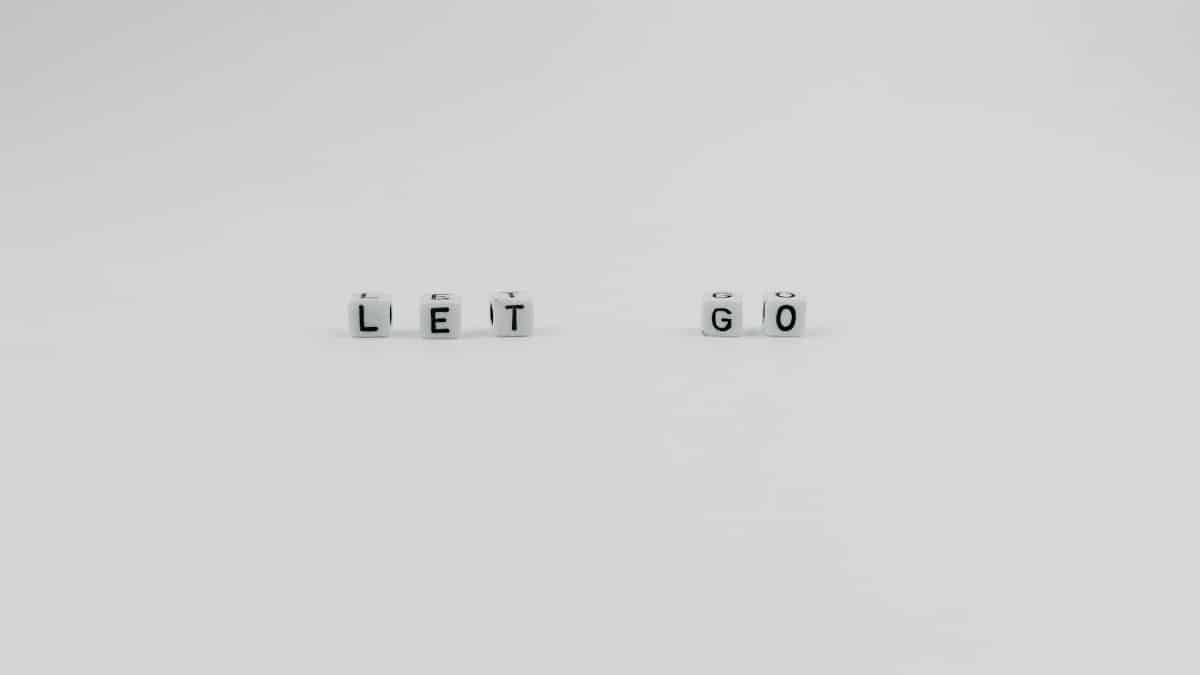
Research shows forgiveness can slash stress and anxiety. A study by the Mayo Clinic found that people who practice forgiveness report lower blood pressure and improved mental health. Holding onto grudges, on the other hand, keeps the body in a state of tension. In 2025, as wellness trends prioritize mental clarity, this data underscores why forgiveness matters.
How It Impacts Relationships
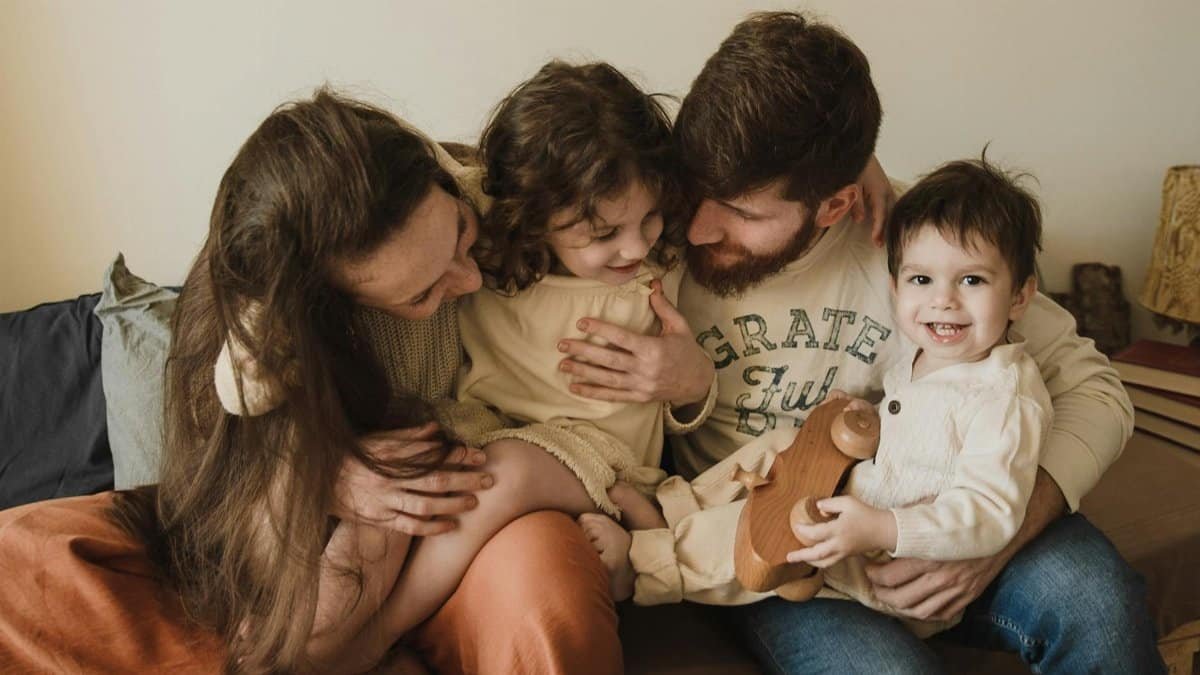
Forgiveness doesn’t always mean reconciliation, but it can open doors to healthier dynamics. When you release bitterness, communication often improves, even if trust isn’t fully restored. For Sarah K., forgiving her friend didn’t mean resuming their old closeness—it meant she could interact without anger clouding every word. This shift is crucial for family ties, workplaces, and communities facing tension.
The Challenge of Self-Forgiveness

Harder than forgiving others is often forgiving yourself. Guilt and shame can linger, blocking personal growth. The true forgiveness meaning applies here too: it’s about accepting your flaws and past mistakes without letting them dictate your worth. Therapists suggest journaling or therapy to process self-directed anger, a practice gaining traction among younger Americans this year.
Steps to Start the Process
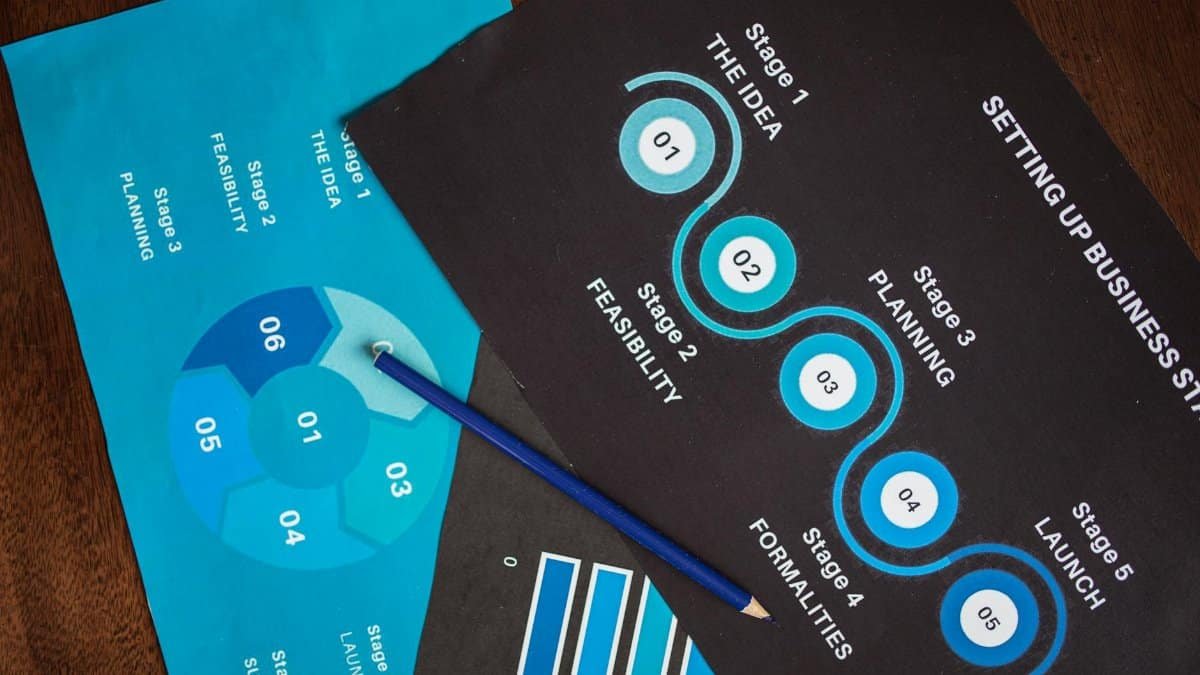
Forgiveness isn’t instant. Begin by acknowledging the hurt without judgment. Reflect on how holding onto anger affects you, not the offender. Small acts—like writing a letter you don’t send—can help release emotions. Experts recommend patience, noting that forcing forgiveness before you’re ready can backfire. It’s a personal journey, not a race.
Why Society Needs This Now
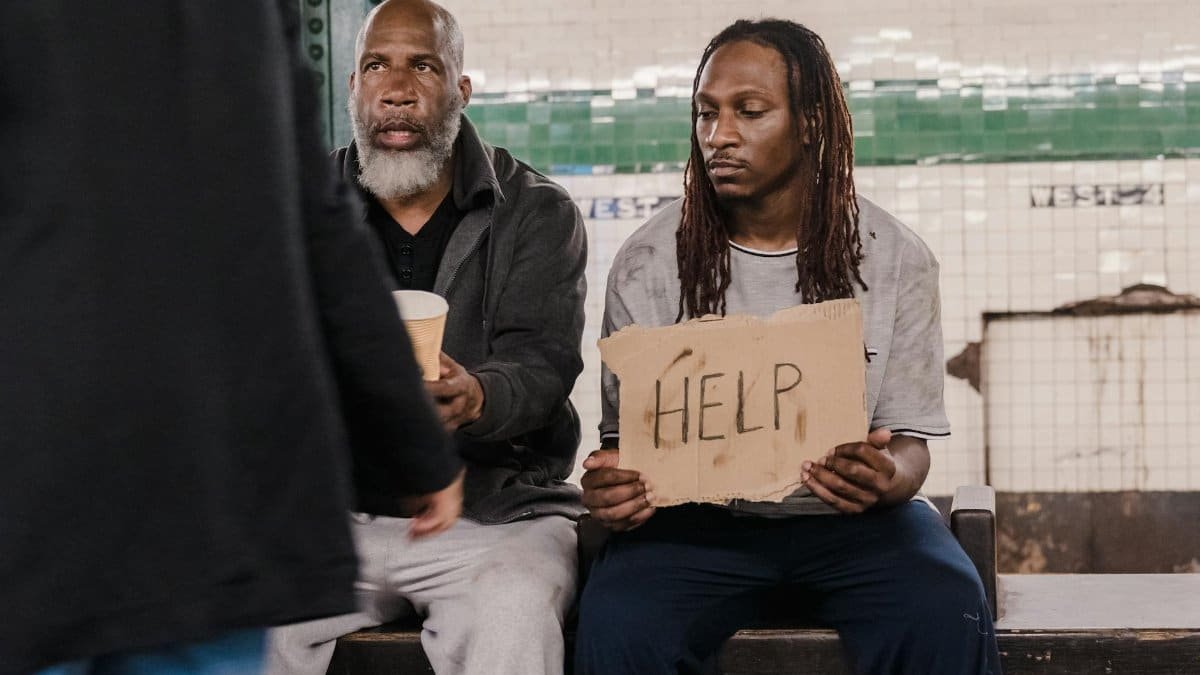
In a polarized 2025, forgiveness could be a social glue. From political divides to personal feuds, unresolved resentment fuels conflict. Community leaders are increasingly advocating for forgiveness workshops, seeing them as tools to mend fractured groups. The act of letting go, even without forgetting, might just be the reset needed for collective healing.
